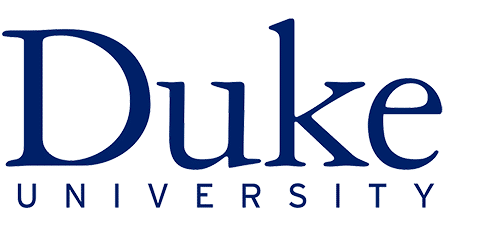
SEATTLE, WASHINGTON, USA — April 10, 2023 — Transparent Path, a Seattle-based technology startup focused on advanced real-time supply chain technologies, announced it has been awarded a $274,000 grant from the National Science Foundation (NSF) to develop a biodegradable cellular electronic sensor to track location and environmental data for perishable goods.
The grant is a part of the Small Business Technology Transfer (STTR) program within America’s Seed Fund. This NSF-sponsored fund focuses on transforming scientific and engineering discoveries into products and services with commercial and societal impact.

The grant will be used in partnership with Duke University, where Professor Aaron Franklin in the Department of Electrical and Computer Engineering will serve as co-investigator. The partnership aims to revolutionize the electronics industry by enabling widespread adoption of biodegradable sensors for tracking food through supply chains.
This technology will be a game-changer in terms of addressing the problem of electronic waste. The electronics industry is currently one of the largest contributors to the waste stream, with millions of tons of electronic waste generated each year. According to the Global E-waste Monitor, in 2019, the world put 53.6 million metric tons of e-waste into landfills. A biodegradable sensor would help reduce this impact.

Sunil Koduri, Chief Technology Officer at Transparent Path, stated, “We’re excited to partner with Professor Franklin at Duke University to develop this revolutionary biodegradable sensor. Our goal has always been to use technology to reduce the environmental impact, and cost, of monitoring perishable products as they transit the supply chain. By keeping an eye on these shipments in real-time, we can prevent more of them from being lost in transit and ending up in landfills. These sensors will make doing that far less expensive and more environmentally friendly.”
Koduri, a former executive for Microsoft who helped launch its Azure and Office 365 products, brings a wealth of experience in leading large-scale technology projects. That experience will be invaluable in overseeing the cross-functional team of experts that will bring biodegradable sensors to fruition.
Phase I of the STTR grant will fund the research and development of a prototype over twelve months. Transparent Path will also receive guidance from NSF program directors, who are also seasoned entrepreneurs and technologists.
For more information, please contact Transparent Path at +1 408 475 7775.



You must be logged in to post a comment.